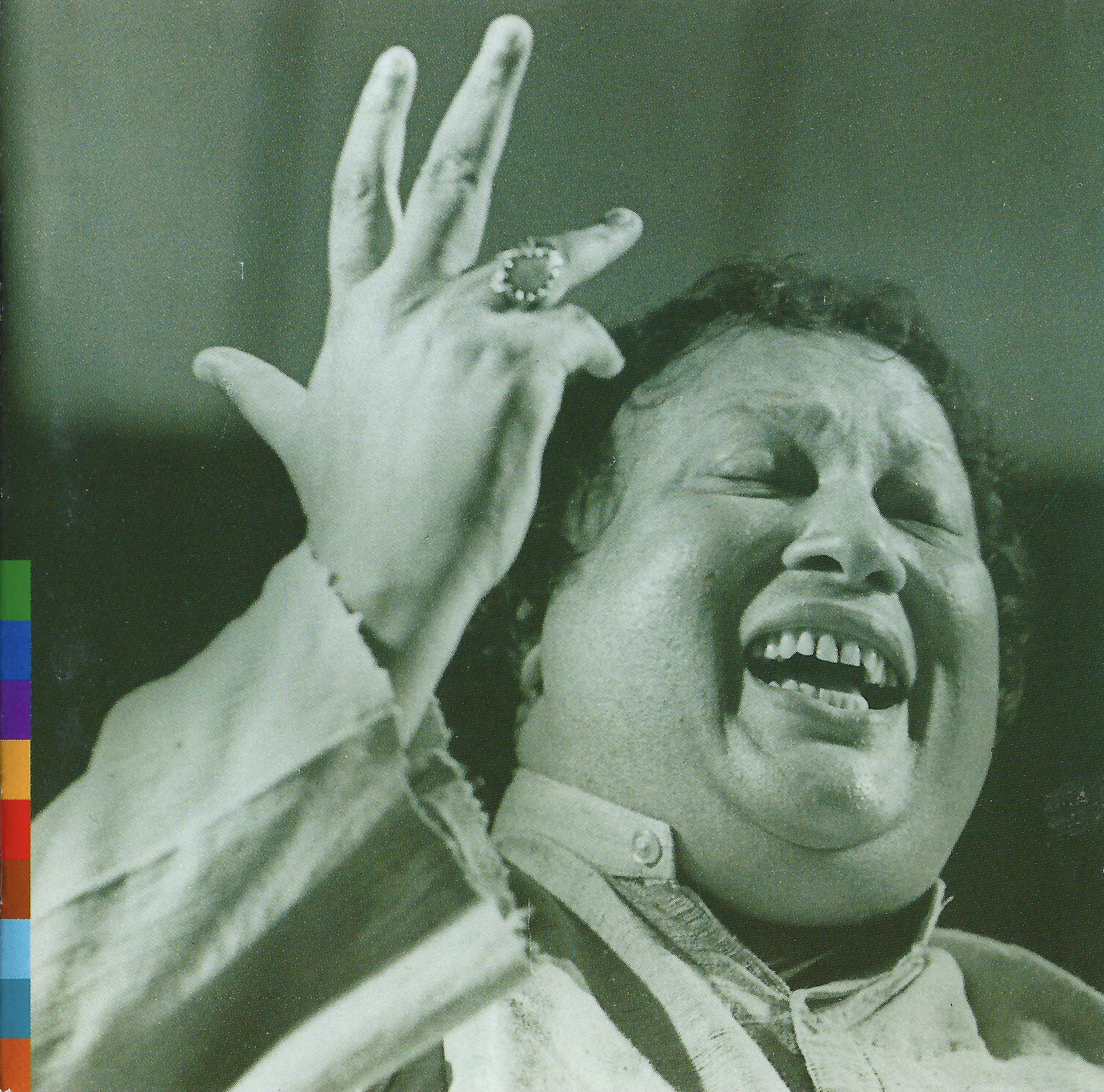♫ On Recorded Music and Listening Context ♫

The world we know and accept as normal is wildly different from the worlds lived in by our ancestors. The extreme relative speed of advancement from the industrial revolution has led to many new things to be seen as, 'the way things have always been.' To take sports as an example, their connection to culture feels like (and is often described as) an old tradition that has been passed down for generations. Baseball is cited as The American Pasttime and one of the most defining images to represent the culture of the United States since colonialism. However, taking the 1700s as the start of this new culture, and the 1870s as a midpoint when baseball started to truly gain popularity in the country, it has really only been around for half of the country's history. What feels like an ancient game has only existed for a handful of generations.
With some sports and games that have only existed for a very short time (less than a decade), there is a feeling that there is no real 'weight' to them. They are just fake games that someone came up with. The Ashes, the World Cup, the Stanley Cup, and the World Series feel important because it feels like they have storied histories, like they're something that has always existed, but they all came into being post industrial revolution. Even the Olympics, which tries to replicate this feeling of an ancient tradition, only really arose in the 20th century (though perhaps there is something to be said for the joy in creating a storied history in your own lifetimes).
Cars in American culture are seen as a quintessential 'man thing.' It's almost assumed that most men are interested in, have a great deal of knowledge about, and can work on cars. However, you need only go back to many people's great grandparents to know people who did not grow up with cars and had no concept of them as a part of life. This line of thinking can continue to a multitude of aspects in daily life that feel so normal we don't think of them: medicine, science, communication, clothing, labour, and on and on. The extreme time slope from Stone Age to Agriculture, to Industrial and all the life changes that followed creates a feeling of disconnect looking back and how drastically life has changed. Nonetheless, there are universal aspects of life that when communicated across time can give a feeling of connection with our ancestors. Usually these are passed down through a medium of art, but art is intrinsically and inseparably linked to the age in which it is created. Because of this, it can be hard to translate across time (beyond just language), visual art likely being one of the oldest and easiset to understand from different eras. Storytelling is another form that has been with us for a very long time though it has changed with its environment. Oral tradition has passed down many things to us and with written language it has gone through many changes, but an incredibly large amount of surviving writings from the past millenia can still be taken in today. An interesting case is cinema, which has ancient influence from theatre, but also combines a huge amount of different mediums into one. The novel combination however is an extremely recent one with there only being roughly 100 years of film despite its ever-pervading cultural presence presently. With all of this in mind, I would like to talk about music.
'Greatest Albums of All Time' lists are widespread but extremely limited. The items are almost always released after 1959 and from the list maker's country/culture. This isn't necessarily due to not looking beyond your own borders (not to mention the incomprehensible multitude of music ever made, which a single human could never meaningfully interface with a fraction of), but inherent due to the format they are ranking. For music listeners, albums are seen as the way to listen to music, and for contemporary musicians it is the way they make music. However, in the full scope of music history, recorded music and the album as a singular piece of art is very recent. As technology progressed to become listenable, singles were the primary physical release. When LPs took over, the 40s & 50s were records of song compilations loosely connected (usually not written by the performer). Composed music recordings would be long enough to fill what we now expect from a full record experience, but that is very much still in the concert traditions of pre-recorded music times. It was not until the next generation that came along, who grew up listening to records, for music to be created with the LP listening experience in mind. With worldwide technology limited and localized, this element of albums only coming out of certain parts of the world makes sense. As with so many other art forms, the totally different experience which had become the norm as if it was always like this was a rebirth and very different from the majority of history.
This new context to listen to music joins a wide and diverse array of contexts, with one very special and novel attribute: the lack of a performer's presence. Unlike ever before, recordings allowed the listener to be solitary and disconnected, separated from the original music's playing context. From the earliest human singing, rock percussion, and bone flutes to the orchestras, choirs, and buskers there has always been a live performer and to hear them, you had to be there yourself. Not only this, but the music being played had a reason why it was being played besides a person with a record player choosing to hear it. Recordings can now be separated from their contexts: you can hear a funeral march in your bedroom, gregorian chants can be listened to on the train instead of during a sacred rite, a score for a ballet can be heard without seeing the dancers it was played for, the sounds of musicians can reach you without you knowing what instruments they are playing or that they even exist.

Nusrat Fateh Ali Khan's Shahen-Shah is one of my personal favorite pieces of recorded music. However, I am entirely disconnected from the music's context. It is of the sacred Sufi Islamic devotional tradition, of which I do not belong. I approach the album from a place of great respect, but it is as if I am a tourist peeking my head into a temple where the performance is taking place. I cannot fully understand or experience the music in its intended context, and in some ways I feel like I should not be listening to it.
However, are there musical contexts to which I personally belong? (There are multitudes of musical contexts that music is created for that does not need special knowledge/experience to fully appreciate, but I'm mainly talking about music with cultural importance) I may be able to blend in from an outside observer's perspective in a context where someone like me would be expected to be, but internally I don't feel that I cleanly fit into a scene, genre, culture, or style. After several generations of recorded music listeners and the further separation of the internet, my experience with music has so rarely been from pre-recorded contexts, so that I did not develop experiences in a context to 'belong' to it. But, I have grown up in the context of solitary music listening created by people who made it for that context because that's their tradition. When listening to music has become an act separated from a context and it becomes a pure aesthetic/art experience (as a performing context, it is impossible to separate art from culture & history) is there a lack of personal meaning to be gained compared to what can be gained by music from a cultural context? I think so, it can't be the same experience and it can't mean the same as someone for whom the culture is entwined in their lives. Nonetheless, with considerate reverence for our fellow earthlings, I believe we can approach art and connect with the universal aspects of each other's hearts as a mirror, and perhaps even find something that wasn't there.
Did I just spend hours writing to come to the conclusion that, 'you can listen to music you aren't familiar with and still like it in your own way?' Maybe, but there was something else found along the way
Wip - the still of performed music not going anywhere just being a rarity (besides the fact that personally I do play instruments myself and with others)
Further Readings: David Byrne on the Musical Context of Architecture